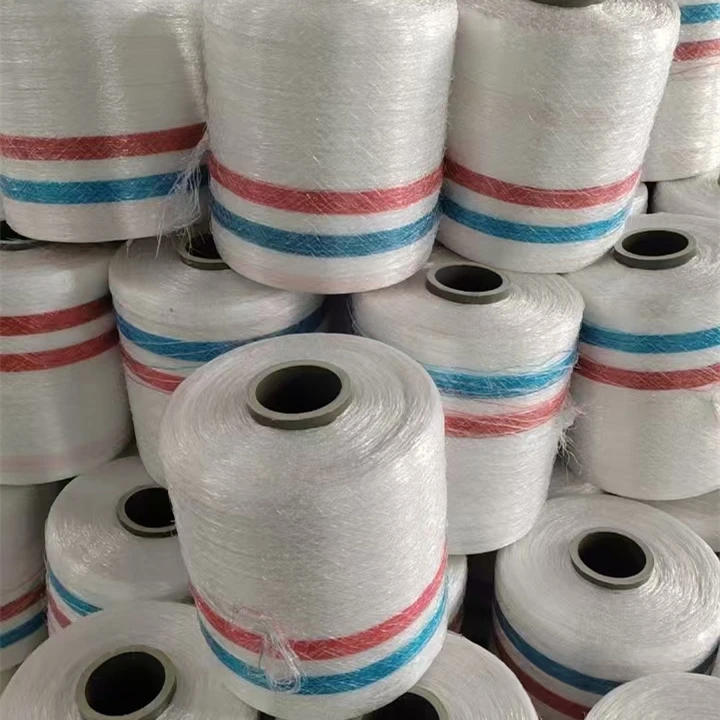nylon mesh screen
Understanding Nylon Mesh Screens Versatility and Applications
Nylon mesh screens have become increasingly popular across various industries due to their unique properties and versatility. These screens are made from nylon, a synthetic polymer known for its durability, flexibility, and resistance to a wide range of chemicals. As a result, nylon mesh screens are used in numerous applications, ranging from industrial processes to everyday household items.
Composition and Characteristics
Nylon is a type of polyamide, consisting of repeating units linked by amide bonds. This structure gives it strength and resilience. When crafted into mesh screens, nylon fibers create a network of interlocked threads that form openings of varying sizes, providing mechanical strength while allowing for air and fluid flow. The mesh can be produced in different thicknesses and degrees of openness to suit specific needs. Typically, the mesh count, which refers to the number of openings per inch, is a critical factor in determining the screen’s filtering capabilities.
One of the most notable characteristics of nylon mesh is its resistance to moisture and molding, making it ideal for applications in wet environments. Additionally, nylon can withstand temperatures up to around 120°C (248°F), allowing it to maintain its integrity in various operational conditions.
Applications in Industry
Nylon mesh screens have a wide range of industrial applications. For example, they are frequently used in filtration systems for liquid and gas purification. In industries such as pharmaceuticals and food processing, high-quality filtration is critical to ensuring product purity and compliance with health regulations. Nylon mesh screens can effectively separate solids from liquids, making them an essential component in these processes.
Furthermore, nylon screens are employed in agricultural settings for sieving and filtering soil and liquids. They are also used in aquaculture to create barriers that prevent unwanted species while allowing water flow. In the automotive and aerospace industries, nylon mesh is utilized in air filters and as protective barriers against dust and debris.
nylon mesh screen

Household Uses
Beyond industrial applications, nylon mesh screens have numerous household uses. They are often found in kitchen products like food strainers and tea bags, where their filtering capabilities come into play. They allow liquids to pass through while keeping solid particles confined. Additionally, nylon mesh is used in gardening tools, such as seedling trays, where proper drainage and airflow are essential for healthy plant growth.
Nylon screens are also popular in maintaining pools and aquariums. They help in trapping debris and contaminants, ensuring the water remains clean and safe for recreational or aquatic life. The durability of nylon means that these screens can withstand the rigors of outdoor use without degrading.
Environmental Considerations
While nylon mesh screens offer many advantages, it is important to consider their environmental impact. Nylon is a synthetic material, and its production involves petrochemicals, which contribute to environmental pollution. However, many manufacturers are now focusing on creating more sustainable options by developing nylon from recycled materials or adopting eco-friendlier production techniques.
Additionally, the longevity and reusable nature of nylon mesh screens can mitigate some environmental concerns. By reducing waste through reusability, these screens can serve as a more sustainable alternative compared to single-use options.
Conclusion
In conclusion, nylon mesh screens represent a versatile and valuable tool in both industrial and domestic settings. Their combination of strength, flexibility, and resistance to various environmental factors makes them indispensable for filtration and containment solutions. Whether in a manufacturing plant, a home kitchen, or a garden, their utility is evident. As the push for sustainability grows, there is an opportunity for further innovation in the production and application of nylon mesh screens, paving the way for more eco-friendly solutions in the years to come.
-
The Versatility of Stainless Steel Wire MeshNewsNov.01,2024
-
The Role and Types of Sun Shade SolutionsNewsNov.01,2024
-
Safeguard Your Space with Effective Bird Protection SolutionsNewsNov.01,2024
-
Protect Your Garden with Innovative Insect-Proof SolutionsNewsNov.01,2024
-
Innovative Solutions for Construction NeedsNewsNov.01,2024
-
Effective Bird Control Solutions for Every NeedNewsNov.01,2024












